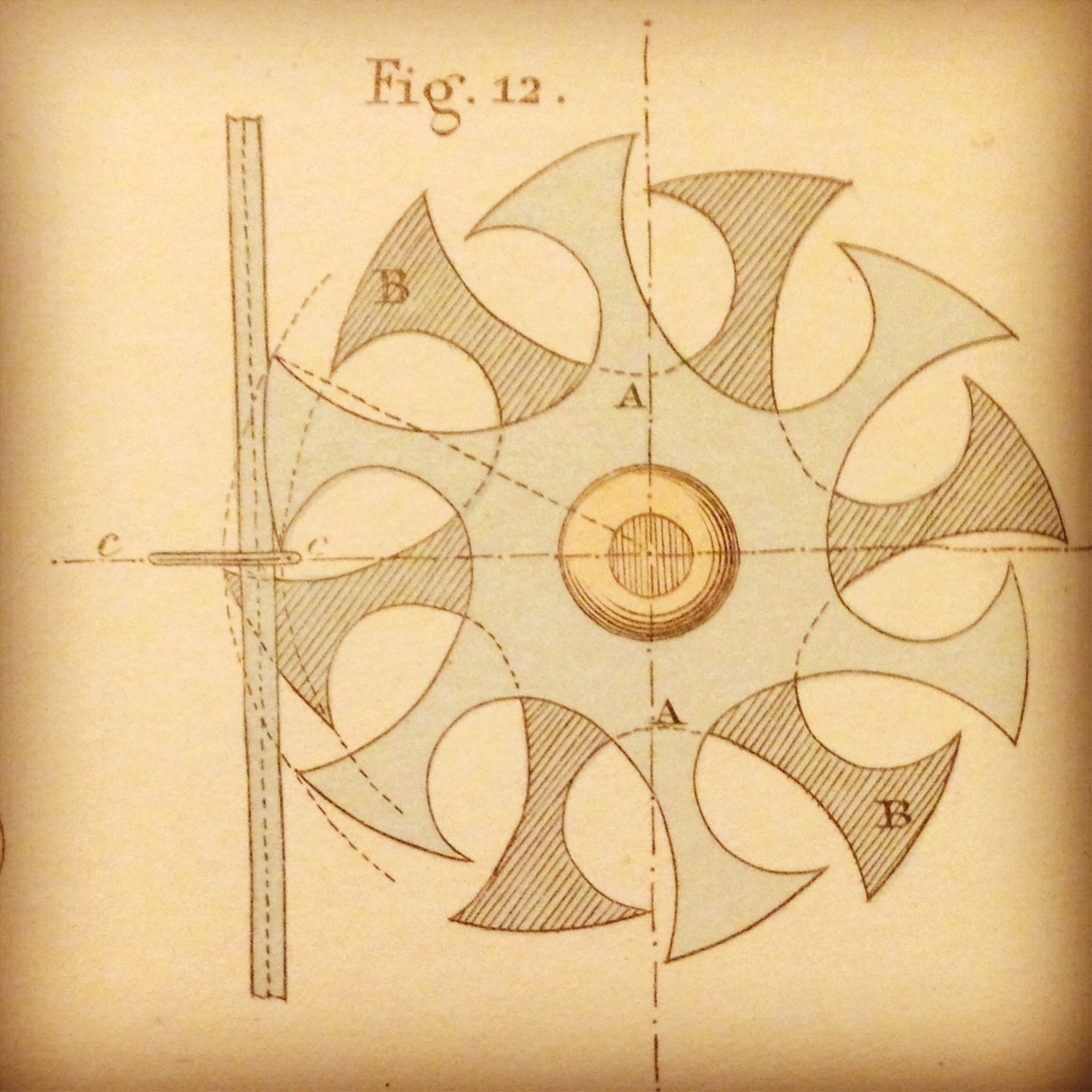Intellectual (/ˌintlˈekCHo͞oəl/) Adj. Of or relating to the intellect: "intellectual stimulation"; an aspect of something where learning, erudition, and informed and critical thinking are the focus.
I was talking recently to a watchmaker about timing, or rather about the different terminal ends applied to balance springs. The question had arisen as a result of a brief discussion of the multiple patents belonging to the Heritage Watch Manufactory. He immediately recited an equation that described the spring, using its length, height, thickness, mass. I nodded. Smiled. And realised that the maths was almost completely beyond me, although the basic principles remained within my grasp. Probably. Given watches are such a passion, it seemed odd that I’d not really delved into the study of watchmaking itself - true horology. I must admit to feeling more than a little inadequate.
Upon reflection, I also realised that the mathematics behind balance springs had begun with the discoveries of Hooke, Hautefeuille and Huyghens in the 17th century. Although technical advances abound, especially in the realms of materials and the application of them, the basics had probably remained largely unchanged. I had been thinking for a while that I should probably spend more time understanding the manufacture and mechanics of watches and less time writing about their looks and therefore asked for a list of reading material. The recommendations included de Carle’s Practical Watch Repairing, Daniels’ Watchmaking and Suanier’s Treatise on Modern Horology. The latter, first published in France in 1861, set out to document everything that was known at the time about clock and watchmaking. Saunier’s aim was “to make the volume useful to the greatest possible number of those who live by our delicate and difficult industry".
In many respects, the book is as relevant today as it was when first translated into English in 1877. The industry remains “delicate and difficult" and there are certainly many to whom the intellectual aspect of horology is less than important. Indeed, far more words are written each month on watch forums than are dedicated to the study of watchmaking. However, without such study, are we truly able to appreciate the watches about which we so obviously care? The answer, of course, is yes; one does not need to understand drag coefficient to board a ‘plane. But as I spend more time exploring the horological, the more interesting watches become.
Finally, and perhaps just as relevant now as it was then, is Pascal’s sentiment, quoted by Saunier in his Preface: “We should see no farther than those who have gone before us, did not their knowledge serve as a stepping stone to our own."

No comments:
Post a Comment